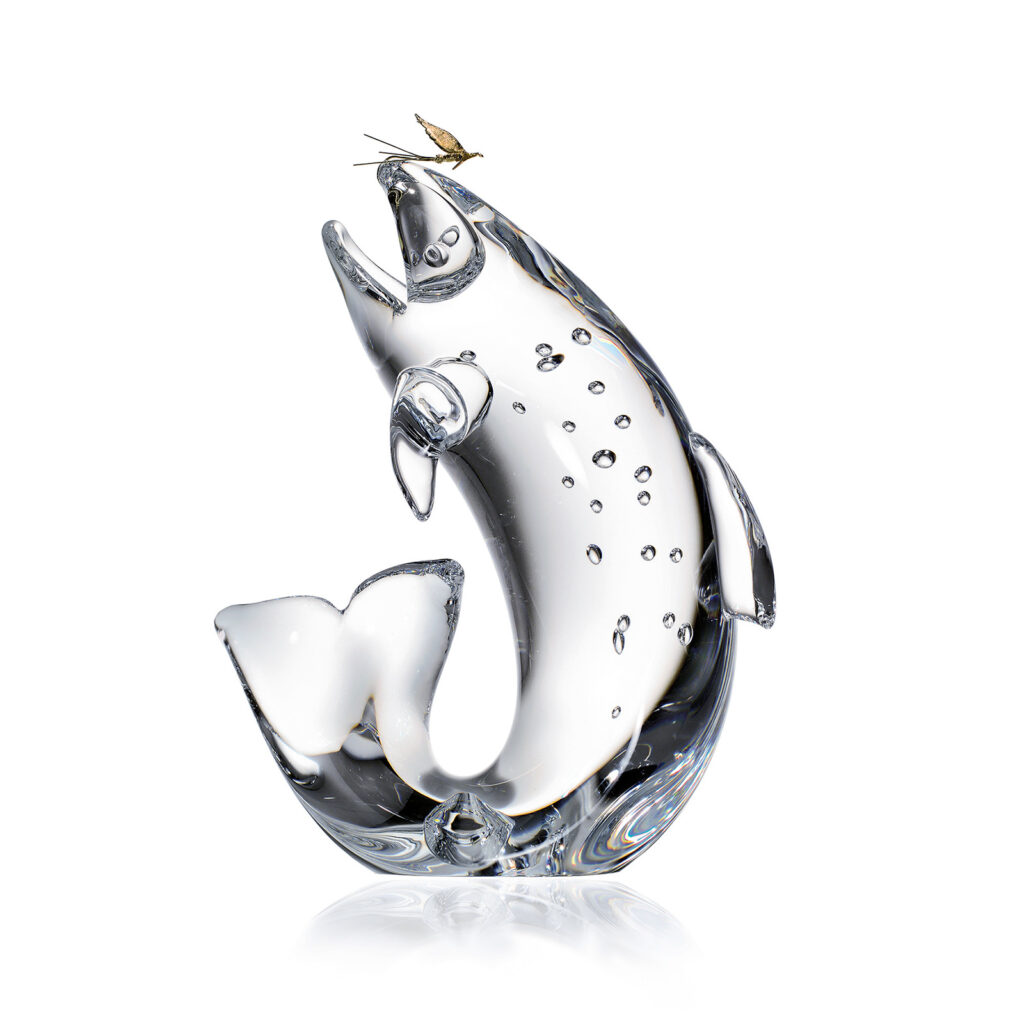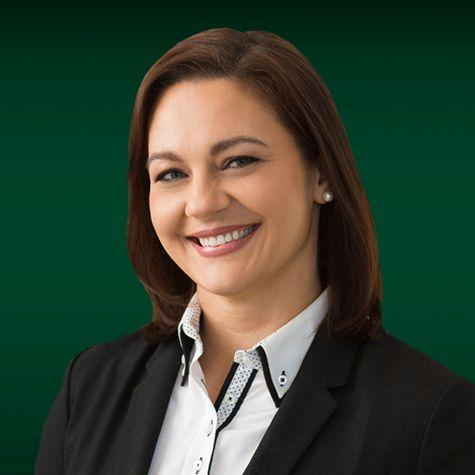By Pamela Bardo
There is a quote from Mark Twain that applies to many of us, “Why do people keep things? I don’t know—I guess it proves you were somewhere!!” While that may be true, a time will come when you no longer use, need, or want everything you have been holding onto. That’s the time to combine sentimentality with your financial shrewdness. You can give non-cash gifts to friends, loved ones, and organizations that express your personality, say “thank you”, give “tribute to” or are “in memory of “ someone. You can donate up to $5,000 to a charitable institution without a certified appraisal. Over $5,000 you need one. Over $20,000 the IRS has additional appraisal and photographic requirements, and require a certified accredited appraisal, as spelled out in IRS pamphlet 8283.
Your appraisal over $5,000 is the amount you can deduct from your personal IRS 1040 income taxes. You can roll over this amount for three years. You, your appraiser, and the donee institution must sign an IRS Form 8283 agreeing to this amount of tax deduction for this gift. The appraiser is liable for penalties for a false statement. The taxpayer is liable for a % interest and penalties if the valuation is outrageously high.
To give to a tax-exempt organization holding an IRS 501(c)3 status before December 31st, it is necessary to have the property at the physical site of the organization – museum, historic house, resale shop – in December. In the example of museums and places with strict rules of accessioning, the gift must be approved by the Curator presented to the Accessions Committee for approval and only then to the Board of Trustees. A full month at least is required.
Sometimes a valuable collection can be gifted to a charitable institution. I remember appraising a collection of 150 Steuben glass figurines that belonged to an elderly couple. When the husband died, the wife wanted to give them away, but she wanted to keep their life-long collection intact. After several months of searching, I found her a museum with the correct tax status, which would accept in its entirety and sign-off on keeping it all together as a collection in perpetuity. It was a win-win!! She spread her IRS tax deduction out over three years!
 |
 |
“Trout & Fly” and “Koala Bears” glass sculptures by Steuben
If you find yourself without personal property to gift this year but still want to express your generosity towards your loved ones, consider the option of gifting cash. Agnes Ptasznik, an Estate Planning Attorney with the firm of Chuhak & Tecson, P.C.*, tells us what we need to be doing before the end of this year.
The Internal Revenue Service (IRS) has provisions that allow you to gift money to individuals without incurring a gift tax, known as the annual exclusion amount. As we delve deeper into 2023, it’s crucial to understand the specifics of this exclusion and the best practices for year-end gifting.
For the year 2023, the annual exclusion amount stands at a generous $17,000 per person. If you’re married, this amount doubles to $34,000 when gifted from a married couple to an individual. Importantly, the annual exclusion is not limited to a single recipient; you can give $17,000 to as many individuals as you desire. However, it’s essential to note that the total value of all gifts you make to a single beneficiary throughout the year counts against your $17,000 annual exclusion limit, regardless of their form. For instance, if you bestow a $7,000 piece of jewelry upon your child, you will have utilized $7,000 of your annual exclusion, leaving you with $10,000 that you can still gift to that child within the annual exclusion amount.
Year-end gifting presents certain challenges, primarily because your gift must be considered “complete” by the end of the calendar year. If you intend to gift cash via check close to December 31, it is imperative that the recipient cashes the check before the year’s end. Otherwise, the gift will not be deemed complete during the period when you can stop payment on the check. To avoid any ambiguity, it is advisable not to create uncertainty in this matter. To ensure the completion of your year-end cash gift, consider alternative methods such as using a certified check, bank check, or even a prepaid gift card. These options provide more certainty and reduce the risk of the gift being in limbo due to banking delays.
Embracing the annual exclusion gifting strategy not only allows you to share your wealth with loved ones but also serves as an effective estate planning tool. By reducing your taxable estate through these annual gifts, you can potentially minimize estate taxes for your heirs in the future. Additionally, annual exclusion gifting enables you to witness the joy your beneficiaries derive from your gifts during your lifetime, fostering closer bonds and creating lasting memories.
As you navigate the intricacies of gifting, it’s crucial to engage with your estate planning attorney and financial advisors. They can provide tailored guidance, ensuring that your gifting strategy aligns with your overall financial and estate planning goals. In conclusion, gifting personal property and/or cash through the IRS annual exclusion is a valuable way to express your love and support for family and friends while potentially reducing your estate tax liability. By adhering to the annual exclusion limits and completing your gifts in a timely manner, you can make the most of this gifting strategy. Always remember to seek professional advice to make informed decisions that align with your financial objectives. Next month, Agnes will share information on more advanced gifting techniques as well as other legal instruments for keeping art collections, valuable jewelry, wine cellars and other personal property together while keeping them out of your gross taxable estate. For questions contact Pamela at ppbardo@bardoappraisals.com and Agnes at aptasznik@chuhak.com.
*This communication from Agnes Ptasznik and Chuhak & Tecson, P.C. is intended only to provide information regarding developments in the law and information of general interest. It is not intended to constitute advice regarding legal problems and should not be relied upon as such.

Agnes Ptasznik, Chuhak & Tecson, P.C.

Pamela Pierrepont Bardo, ASA, AAA






